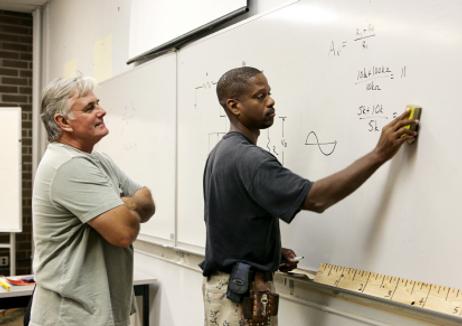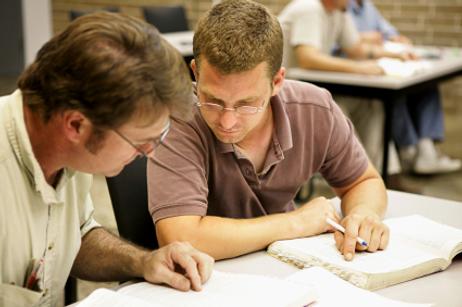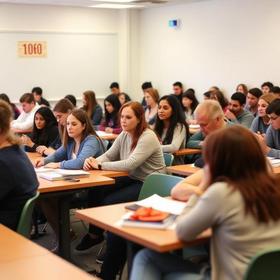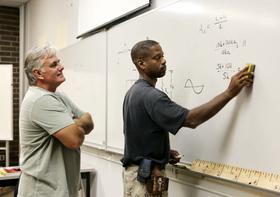Starting college is an exciting time. The world is full of new possibilities, and you can’t begin imagining the future. When starting community college, getting caught up in the excitement is easy, but you need to maintain a certain degree of practicality. For instance, you shouldn’t just load up your class schedule with fun electives and “blow-off” classes if you want to graduate on time. Here are some tips for crafting the perfect class schedule that is the ideal mix of fun and functional.
Things to Consider Before Choosing Classes
Depending on your community college, you may facemany class options, perhaps a full book. It's not the same as choosing classes in high school. While it may be tempting to skim through the class list and pick the ones that interest you, be realistic about your choices. The number of classes you choose is just as important as the types of classes you choose. Only you can know how much you can handle when it comes to your class load, so don’t be afraid to challenge yourself with a bit of hard work, but be realistic about how much time you have for studying and homework without completely sacrificing all of your free time. Different students learn and work at different rates, so be aware of your abilities and limitations and consider those things when scheduling classes.
Hailey Dollar offers some advice on picking classes in the following video.



















